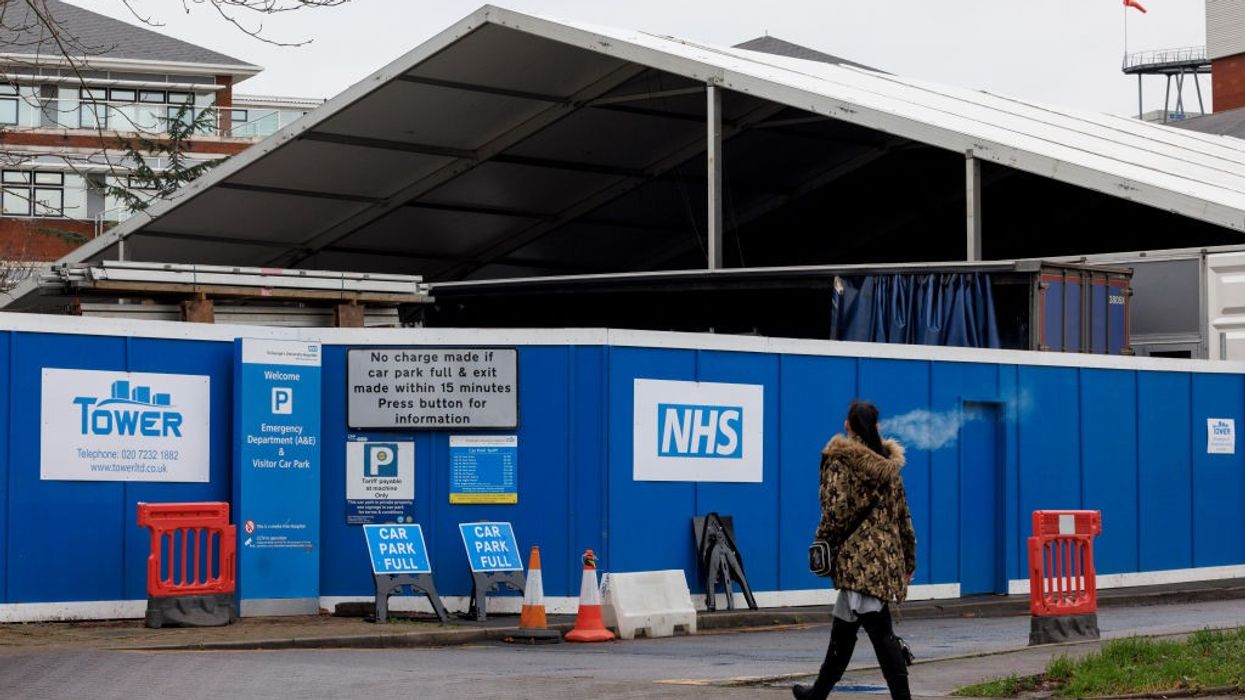HOSPITAL staff absences due to Covid have more than doubled in a month in England as the virus surge puts strain on beds, according to data published Friday (31).
The number of hospital staff ill or self-isolating due to the virus rose from 11,375 on November 29 to 24,362 on December 26, NHS England said.
The "sharply increasing staff absences" coincide with "a 10-month high for the number of patients," warned national medical director Stephen Powis.
The number of patients in hospital with Covid in the UK reached 11,898 on Wednesday, the highest level since early March, and a rise of 40 per cent in a week.
"We don't yet know the full scale of rising omicron cases," Powis acknowledged. "The NHS is on a war footing and staff remain braced for the worst".
The UK is one of Europe's worst-hit countries with a death toll of 148,421.
NHS England has already started building temporary field hospitals to contain a possible overspill of inpatients if beds in main hospitals become full.
It plans to make available as many as 4,000 "super-surge beds", in some cases using existing hospital facilities such as gyms or education centres.
It is also trying to free up hospital beds by sending medically fit patients to care homes, hospices and even hotels.
Despite the surge in cases, Prime Minister Boris Johnson has opted not to increase virus curbs over the festive period in England, unlike the devolved governments of the other UK regions, Scotland, Wales and Northern Ireland.
The prime minister is focusing on encouraging the public to take up booster jabs, so far administered to more than 33 million.
In a New Year's Eve message, he urged people to "make it your New Year's resolution -- far easier than losing weight or keeping a diary."
The UK medical regulator MHRA also announced Friday that it has approved Pfizer's new antiviral pill for over-18s.
The Paxlovid pill for high-risk people with Covid was authorised last week by the US Food and Drug Administration for those aged 12 and over.
Pfizer says clinical trials prove the pill reduces hospitalisation and deaths among at-risk people by almost 90 per cent.
The UK government announced earlier this month that it had signed deals to buy more than 4 million courses of Pfizer's Paxlovid and US rival Merck/MSD's molnupiravir.
(AFP)





